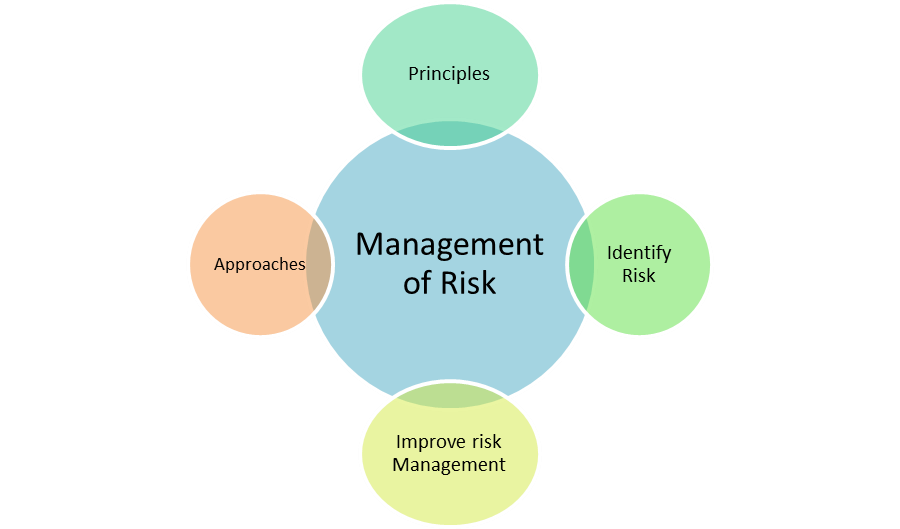Worcester is one the main city in Worcestershire, United Kingdom, which is 31 miles (approx 50 km) south-west of Birmingham and 27 miles (approx 43 km) north of Gloucester. The population of Worcester is 100,000 approximately. The River Severn at the city’s western part, which is ignored by the Worcester Cathedral in 12th-century .
The well-known Battle of Worcester was the concluding battle of the English Civil War, In which army of Oliver defeated King Charles I's Cavaliers. It is known as the home of Royal Worcester Porcelain, composer Edward Elgar, Lea & Perrins, the University of Worcester and makers of traditional Worcestershire sauce.
History of Worcester
The trade route past of this city which at final stage formed as part of the Roman Ryknild Street from the times of Neolithic. The position commanded a ford over the River Severn and was fortified by the Britons in 400 BC.
Geography
Famous suburbs in Worcester are Blackpole, Barbourne Cherry Orchard, Claines, Ronkswood, Red Hill, St Peter the Great, Warndon, Tolladine, Northwick, Diglis, and Warndon Villages (which was main housing development in UK when this area was being built in the late 1980s and get completed in the very early 1990s).
Economy
The city of Worcester, situated on River Severn and with transport links to Birmingham and other different parts of the Midlands through the vast canal network, became a significant centre for many light industries. The last part Victorian period had witnessed the growth of iron founders, like Hardy & Padmore, McKenzie & Holland and Heenan & Froude.
Glove industry
Glove making was one of the flourishing industries of Worcester. Worcester's Gloves industry peaked from 1790 to 1820 when 150 companies employed about 30 thousand people. At this point of time, approximately 50 percent of the Glove Manufacturers of UK were located in Worcestershire.
Landmarks
The most well-known landmark in Worcester is Anglican Cathedral. Before the English Reformation, the current building known as Worcester Priory is officially named as The Cathedral Church of Christ and the Blessed Virgin Mary. Construction began in 1084 while its crypt dates from the 10th century. The chapter house is only circular one in the country while the cathedral also has the difference of having the tomb of King John.

 ENQUIRE
ENQUIRE
 REQUEST CALLBACK
REQUEST CALLBACK
 GET A FREE QUOTE
GET A FREE QUOTE


 Introduction
Introduction Course Details
Course Details Course Content
Course Content






 London
London